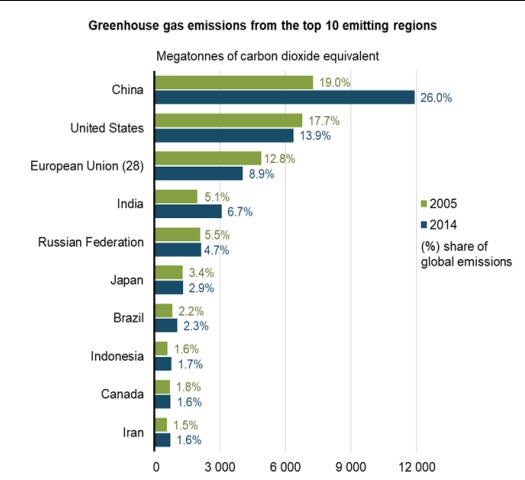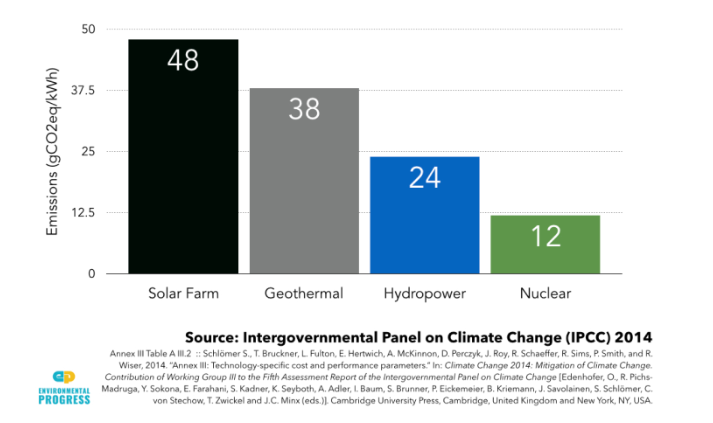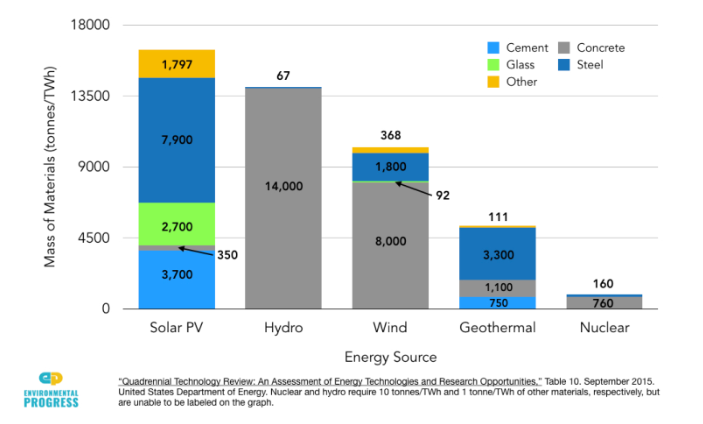In sociopolitical jargon, problems like this are called collective action problems. The only solutions require strong co-operation, and every actor has strong short-term incentives not to. Humans have never licked a problem anything like this before.












